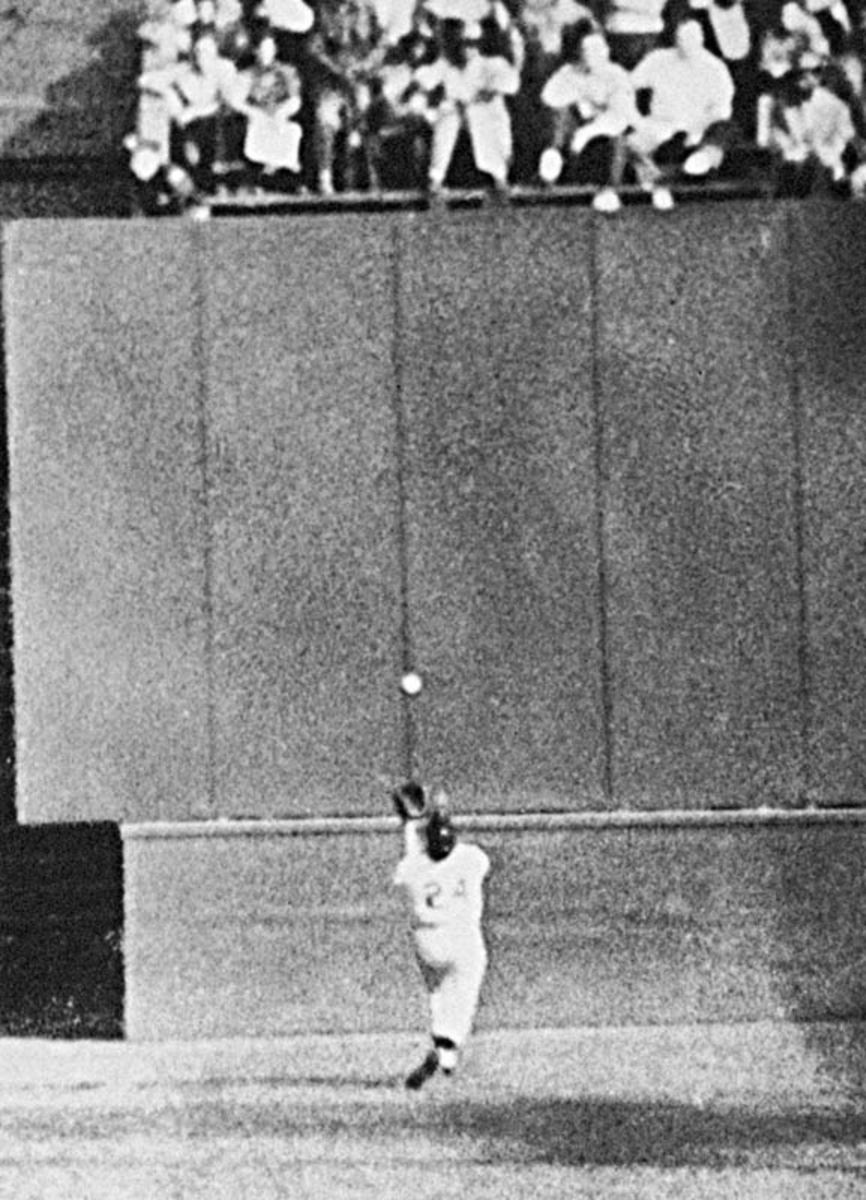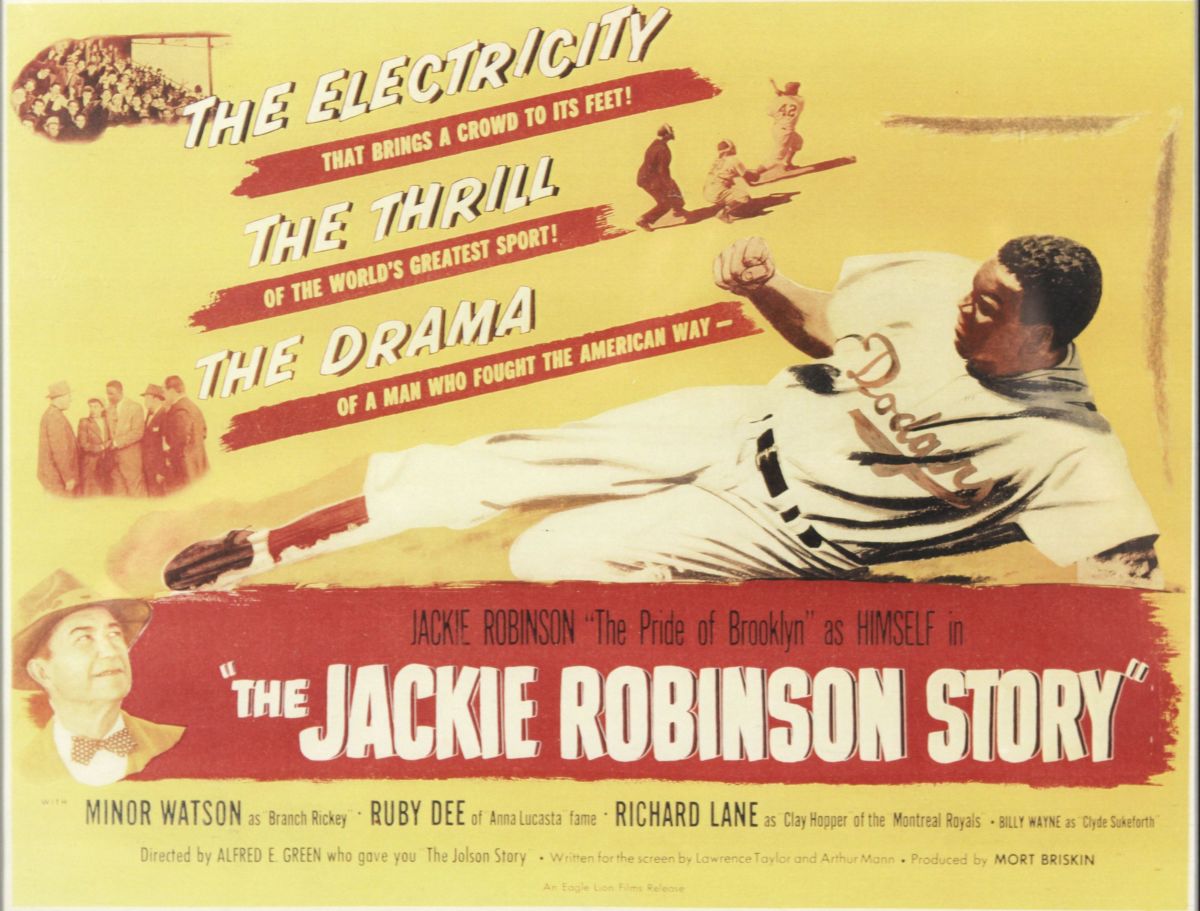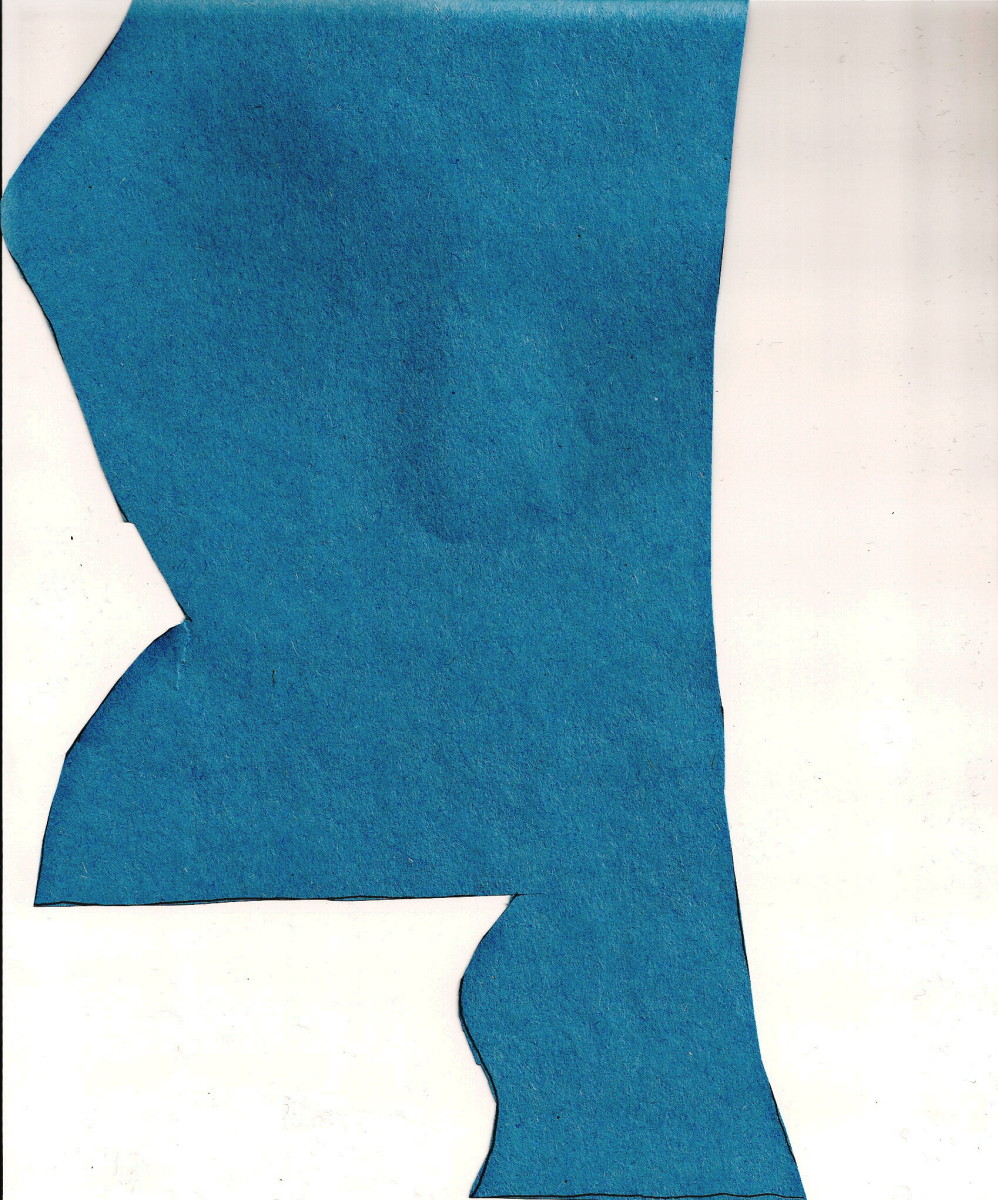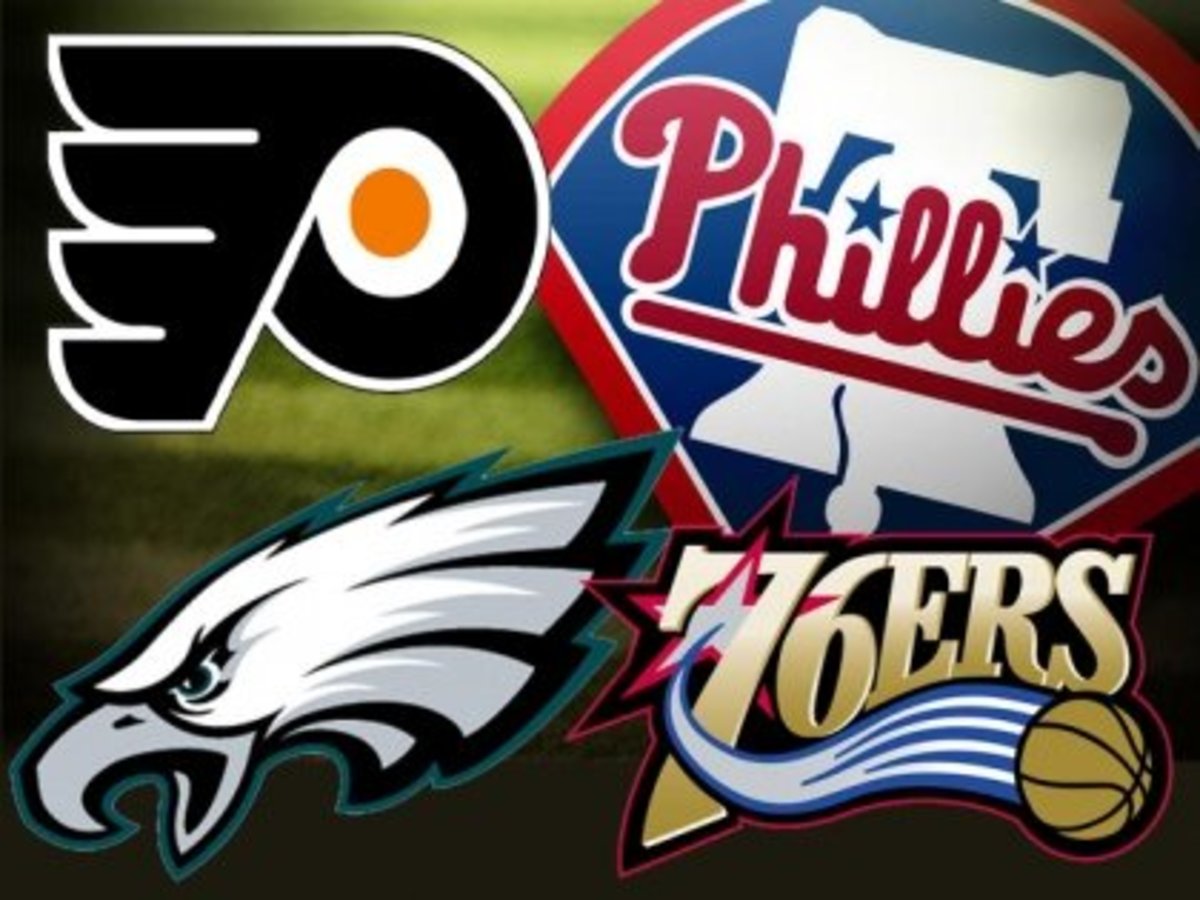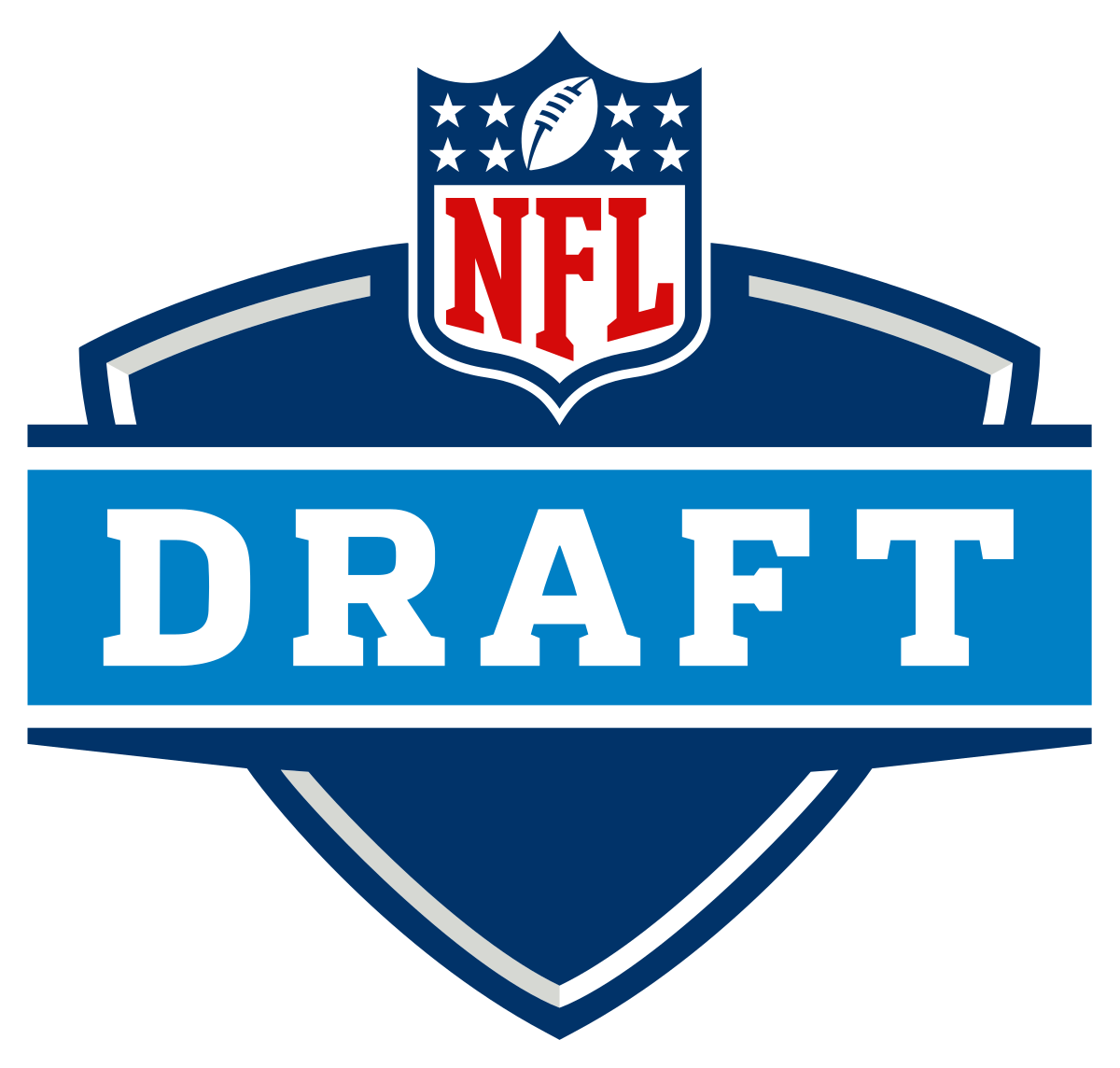- HubPages»
- Sports and Recreation»
- Team Sports»
- American Football
Pine Tar-Gate: What Would Have Happened If Roger Goodell Was Commissioner of Baseball in 1983
On July 24, 1983 at Yankee Stadium in a game between the Kansas City Royals and the New York Yankees, an event happened that would go down in baseball folklore for generations to come. George Brett strolled to the plate with two outs in the top of the ninth inning. He had one man on base (U.L. Washington) and the Royals were losing 4-3. Then it happened… Brett proceeded to stroke a potential game-winning, two-run homer off fellow Hall of Famer Rich “Goose” Gossage to give the Royals a dramatic 5-4 lead. An awesomely clutch performance that pitted two of the game’s very best against each other with Brett coming out on top. There was, however, more to it than just that of course. Waiting literally until the exact moment after Brett crossed home plate with the go-ahead run, the larger-than-life and highly controversial baseball personality who served as on again, off again manager for the Yankees, Billy Martin slowly sauntered toward home plate.
Martin asked then rookie umpire Tim McClelland to check the amount of pine tar Brett had on his bat. After inspecting the bat, McClelland ruled that the amount of pine tar exceeded the legal limit set by the rules of Major League Baseball. The umpire turned toward the Kansas City dugout and signaled that Brett’s homer was actually an out instead of a home run and the game was over with the Yankees prevailing 4-3. That’s when the baseball world was treated to one of the very best official s**tfits in the history of professional sports. Brett came tearing out of the dugout with chest puffed out and a grotesquely frothy mixture of chewing tobacco, righteous indignation, and incredulity spewing out of his mouth. Despite he and his manager’s vehement protests, McClelland’s ruling stood and the game was over with the Yankees apparently winning 4-3.
Alas, it was a different time in professional sports where few players made over a million dollars salary and league commissioners had some sort of meaningful control over their league. Lee MacPhaill was the baseball commissioner at the time, and after considering the Royals’ protests, he actually reversed the call. Therefore, Brett’s hit became a home run again, and the ruling was that the game would be continued at a later date with the Royals leading 5-4 in the ninth. It was pretty much unanimously agreed upon that justice was served. What do you suppose would have happened, however, if present day NFL whipping boy (Commissioner) Roger Goodell was in charge of MLB at that time?
For starters, there definitely would not have been any reversal of the umpire’s call. Secondly, there would be a full-scale, “Who really shot JFK” investigation into the matter with high-priced attorneys everywhere and other blowhards alike weighing in on the subject. ESPN would likely need to add an entirely new channel to its lineup, dubbed the ESPN Pinetar-gate channel. Peter Gammons and Buster Olney would take turns sitting outside Yankee Stadium and the commissioner’s office for late breaking details, emerging video, and still shots of the actual pine tar on the bat over and over again for months. The channel would probably create a video graphic that would display the line of acceptability regarding pinetar on the bat and how Brett’s clearly crossed that line. Interviews would be conducted with equipment managers, pine tar suppliers, and 10-year old bat boys would be summoned for intense interrogation.
Of course, the investigation wouldn’t even begin until the season was over and then it would take no less than six months for the investigation to conclude with a 900-page report that it was more probable than not that Brett knew there was too much pine tar on the bat. The Royals would lose a first round draft pick, a fourth round draft pick, and the 1983 equivalent of one million dollars. Nobody would really care about this because baseball fans had about as much venom and animosity toward the 1983 Royals as they do for the 2014 Tampa Bay Buccaneers.
In addition to all this, George Brett would be suspended for one-quarter of the 1984 season, which by the way comes out to 40 games! Just so you know, the Royals finished 84-78 that season, which was good enough for first place and a first round playoff exit to the runaway freight train that was the 1984 Detroit Tigers. If they had to play 40 games without their best player that year, it is likely the Royals would have finished somewhere around 64-98, which would have put them in dead last of the American League West.
From here on, baseball fans would have been the ones who really got cheated. Because not only would they be deprived of watching inarguably one of the game’s most enjoyable to watch and best players of all time for 40 games that year, but they would have also lost the competitive spirit and do or die attitude that George Brett made a hallmark of his career. You didn’t need to be a baseball fan in Kansas City to appreciate the gusto with which George Brett played baseball. His legacy would instead have gone down as that of a “cheater.” Gone would be the memory of the time he almost hit .400. Gone would be the memories of him playing with more heart and soul than the rest of the league combined. One even wonders how the magical 1985 season would have played out when the Royals won it all if Brett was carrying the moniker of “cheater” around with him. Sound familiar? Good because it should.
The reason a baseball player would put too much pinetar on a bat is simply a matter of comfort. Does it give a competitive edge? Maybe. You could certainly argue that because it gives the player a better grip on the bat that it does provide an advantage. The more rational thinking, however, concludes that it is more a matter of player comfort than anything else, just like having less air in a football. The two scenarios are undeniably similar. Just like Brady still had to make great decisions and deliver the ball with flawless execution to beat his opponents, Brett still had to put a great swing on a ball from one of the game’s greatest closers of all time to hit that home run. In fact, it was later revealed that the Yankees knew about the infraction far earlier in the season and decided to wait until a time when they could really use it. Therefore, it’s likely that Brett had been using excessive pinetar to his advantage for at least that entire season and perhaps his entire career.
Score one for Major League Baseball on this date. Because there were no previous or present players crying to the media that Brett was a cheater. There were no media personalities jumping on the nefarious Pine Tar-Gate bandwagon. Most importantly of course, the league commissioner maintained control over the situation and didn’t have anyone else do his dirty work either. Congratulations Roger Goodell. At a day and age when baseball has lost all trust and most interest from its fans due to steroid controversies and poor pace of play, you actually made that league look infinitely more credible and controlled than yours.

